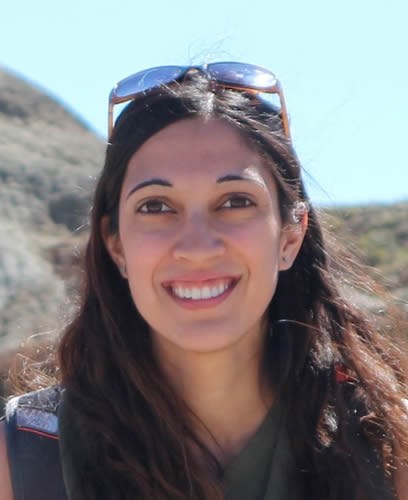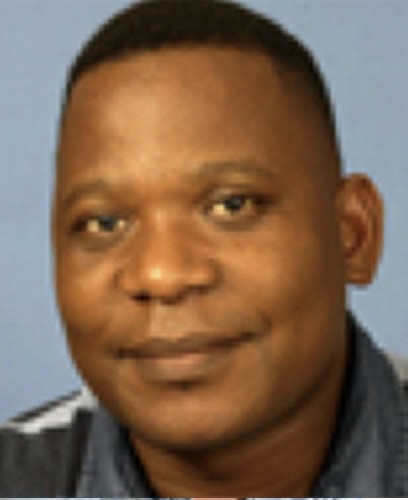
Bryne
Ngwenya
University of Edinburgh
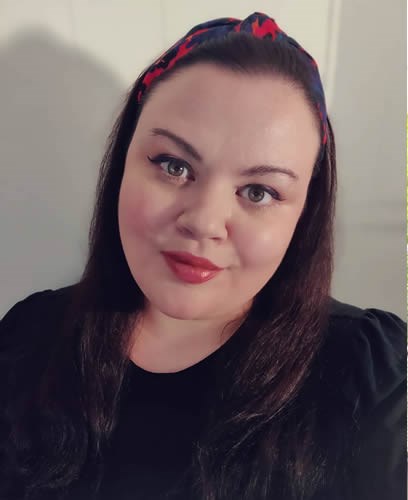
Jessica
Gagnon
University of Manchester
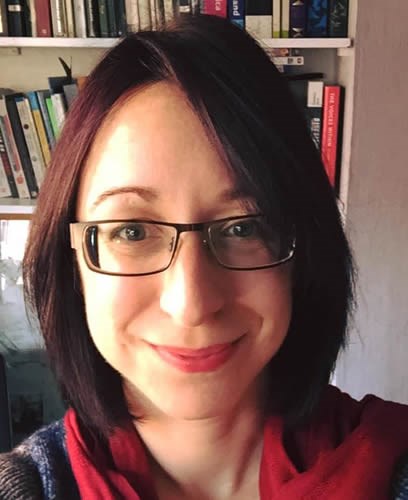
Amy J. V.
Riches
University of Edinburgh
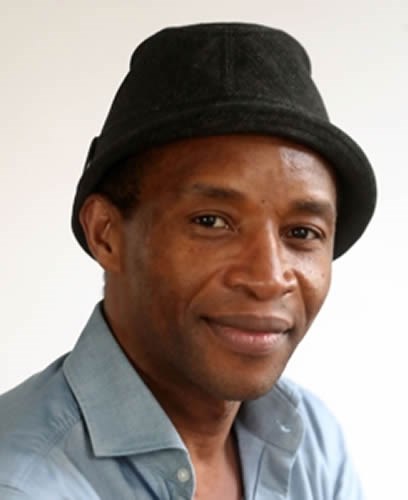
Ernest
Chi Fru
Cardiff University
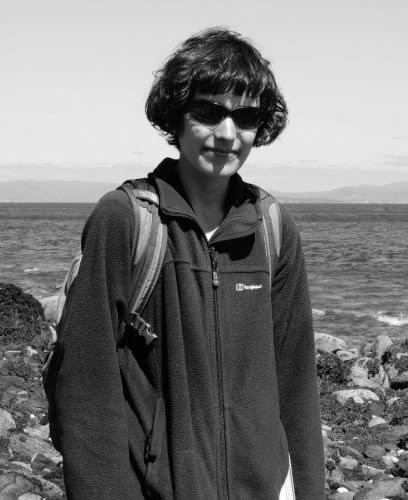
Anya
Lawrence
University of Birmingham
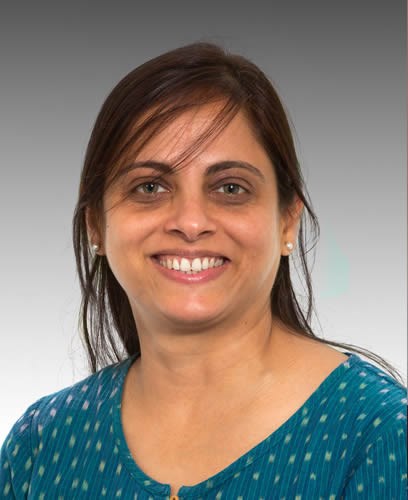
Pallavi
Anand
The Open University

Susan
Little
University College London
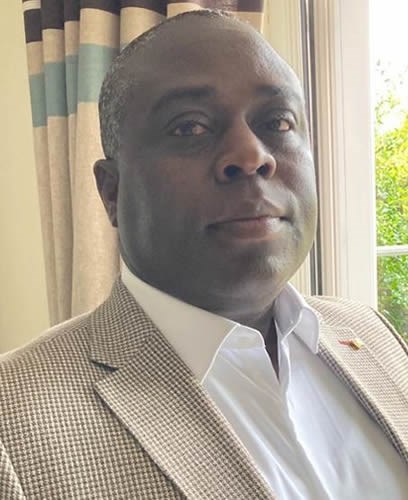
Francis
Appiah
The Open University
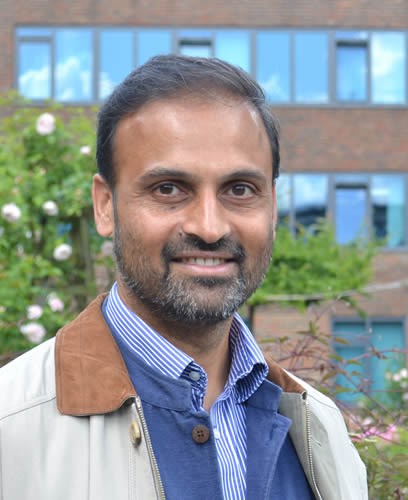
Shonil
Bhagwat
The Open University
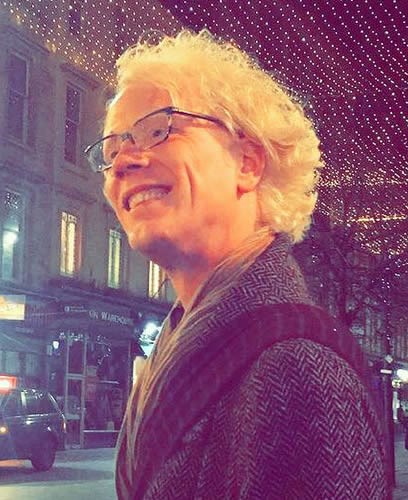
Pieter
Bots
University of Strathclyde
